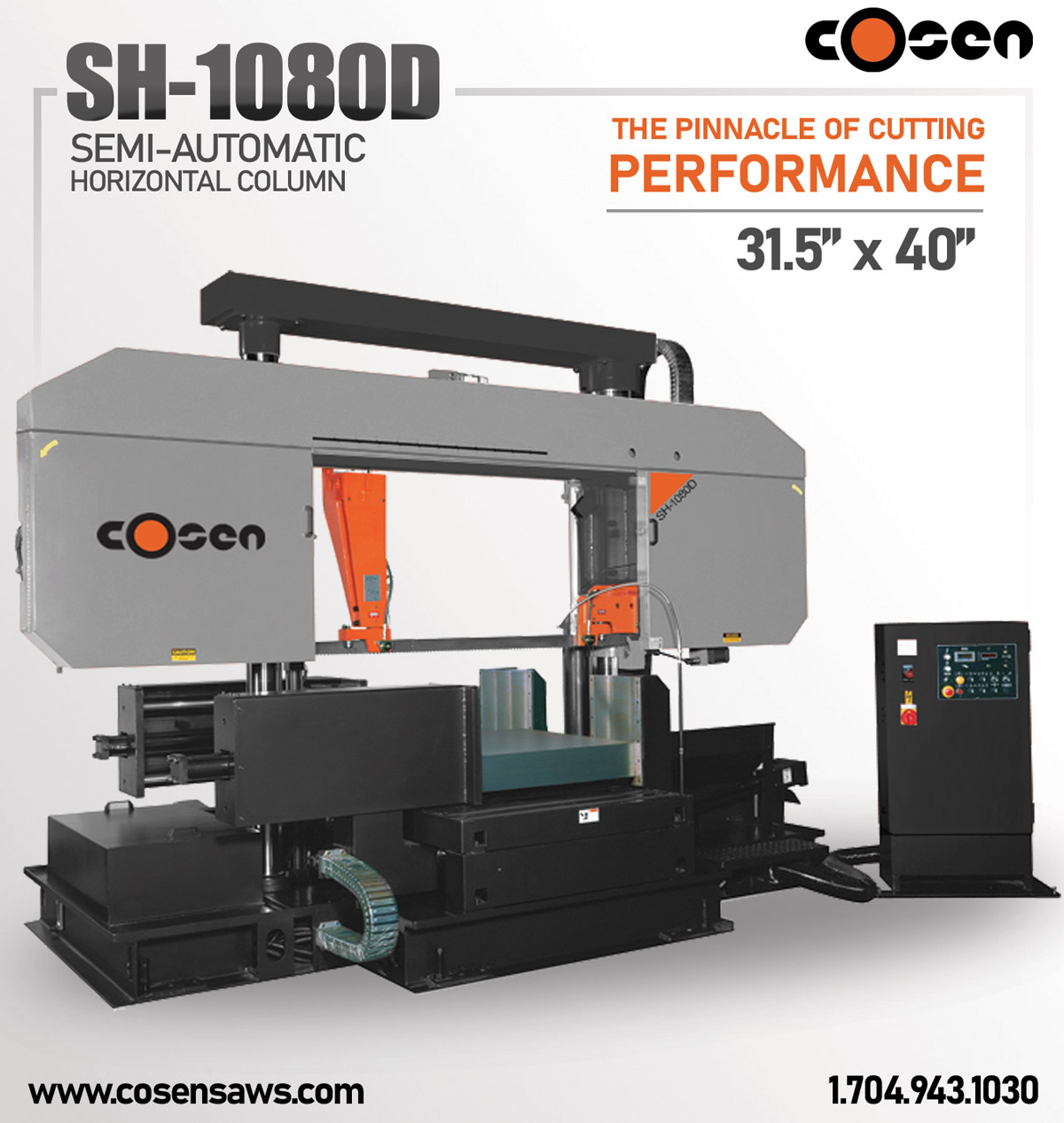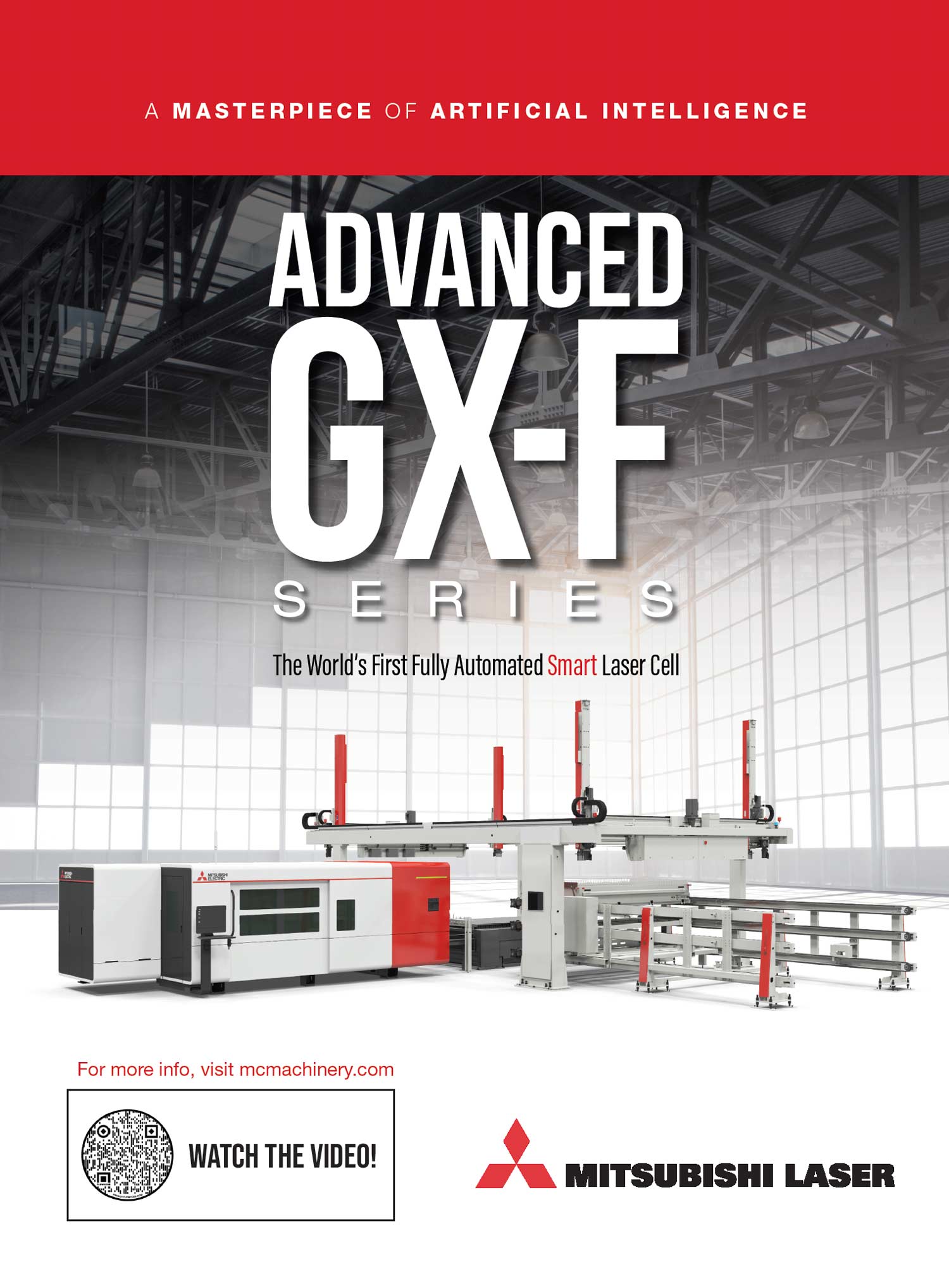
etals supply continued to be at a choke point during February, according to the latest U.S. Census report on durable goods manufacturers’ shipments, inventories and orders. Unfilled orders for primary metal producers totaled $35.9 billion in February (not seasonally adjusted), up 4 percent from January and rising 11.1 percent from $32.3 billion in February 2020.
Unfilled orders at metal fabricators neared $80.2 billion (not seasonally adjusted), increasing 2.6 percent from January and jumping 8.7 percent from almost $73.8 billion in February 2020.
A March 24 Morgan Stanley Research report stated that commodity prices were at a sweet spot. “In our commodities team’s view, market drivers have been almost universally positive through first quarter 2021, supported primarily by a consumer and manufacturing-led global recovery, speculative inflows, limited supply growth and disrupted shipping.” It doesn’t help when a giant container ship runs aground in the Suez Canal, blocking all waterborne traffic.
However, the researchers saw signs the rally could be nearing its peak, in part because “high prices are beginning to impact demand.”
While commodity pricing remains in flux, more consuming industries are pursuing greener alternatives.
 High prices are beginning to impact demand.
High prices are beginning to impact demand. 
That’s probably more good news for recyclable packaging like aluminum cans. Envases Group broke ground in late March on a $100 million, 450,000-square-foot aluminum can factory in Waco, Texas, the Waco Tribune-Herald reports.
Meanwhile, Alcoa Corp. will supply sustainable aluminum for wheels on the Audi e-tron GT, the first vehicle to use aluminum made through a technology that eliminates all direct carbon dioxide emissions from the traditional smelting process. The metal will come from Elysis in Quebec, a joint venture between Alcoa and Rio Tinto. Elysis is working on ramping up zero-carbon emissions to a commercial scale.
“Aluminum is the focus of our CO2 program because producing this material requires a high energy input,” says Marco Philippi, Audi AG’s head of procurement strategy. “The process created by Elysis is promising because it already takes effect in the raw material processing phase. [Such] innovations allow us to increase our sustainability performance in the supply chain and ensure that our models [have] a smaller carbon footprint.”
We at MM expect demand pressures to find relief through the rest of 2021 and look for more groundbreaking news on the metals supply front.

